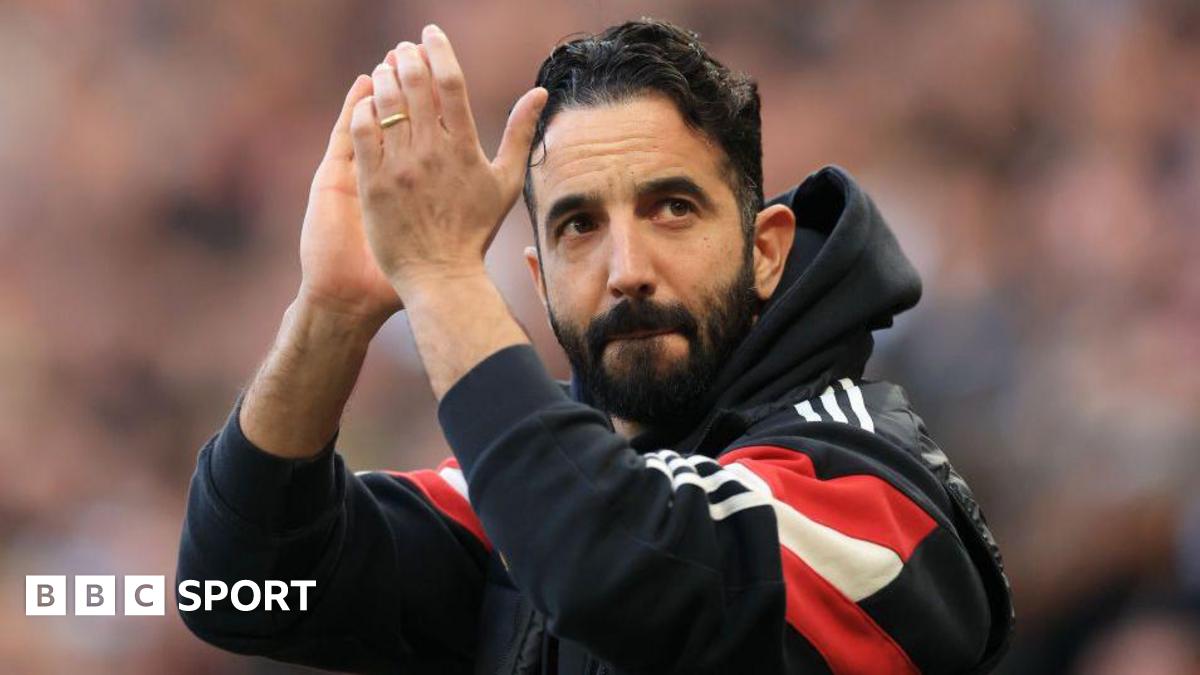It took Marco Rubio barely 30 seconds to switch the glare of American pressure away from Ukraine and towards Russia.
As he announced Ukraine’s willingness to observe an immediate 30-day ceasefire, the US secretary of state emphasised how the “ball is now in Russia’s court”.
He was speaking only 11 days after Donald Trump turfed Volodymyr Zelensky out of the White House before cutting off arms supplies and intelligence, deliberately maximising Ukraine’s vulnerability to Russian attacks.
Yet by agreeing to a ceasefire – provided that Russia follows suit – and consenting to negotiations on an “enduring peace”, Ukraine did enough on Tuesday for America to announce the “immediate” restoration of “intelligence-sharing” and “security assistance”.
Superficially, the outcome of the Jeddah talks might seem to be an extraordinary reversal of America’s position. But under the surface, the truth is more complicated.

For all the sound and fury, Washington appears to be following the plan published last year by Gen Keith Kellogg, now Mr Trump’s Ukraine envoy.
This can be crudely summarised as follows: hammer the Ukrainians until they agree to a ceasefire and peace talks, then turn the screw on the Russians until they reciprocate.
But suppose the Russians do not reciprocate? Now there is one vital question: how will America respond if Vladimir Putin simply rejects the Jeddah offer?
He will be deeply reluctant to accept a ceasefire at the very moment when his forces are finally advancing against Ukraine’s salient in the Russian region of Kursk.
In Putin’s preferred sequence, a ceasefire would be the last step, when everything else has been settled, allowing the Russians to maintain every ounce of military pressure to wring concessions from Ukraine throughout any negotiations.
Yet Mr Rubio wants them to do the exact opposite and pause fighting at a time when Ukraine still holds perhaps 100 sq km of Russian territory as a bargaining chip to be traded for some of its own land.
If Russia rejects this offer, then America has one obvious option, described in the Kellogg plan – namely to turn the heat on the Kremlin by providing yet more military support for Ukraine.


That would probably entail going back to Congress and asking both Houses to vote for another package of exactly the kind that Mr Trump and JD Vance, the vice-president, have publicly ridiculed.
Mr Trump thrives on being unpredictable but such a step may be too spectacular a political somersault even for him.
Perhaps more likely is that Russia will pretend to accept the Jeddah offer and do just enough to prevent America from renewing its backing for Ukraine while in fact breaking the ceasefire and finding a way of blaming Mr Zelensky.
Putin’s key advantage is that Mr Trump and his acolytes are obviously influenced by Russian messages and Russian narratives.
But there is no doubting that some adroit Ukrainian diplomacy has suddenly placed the spotlight on Putin and landed him with a wrenching decision.












